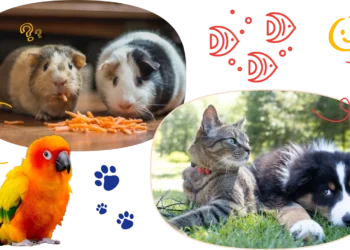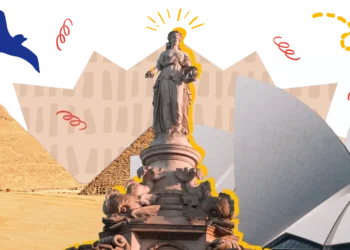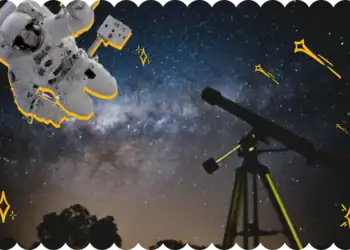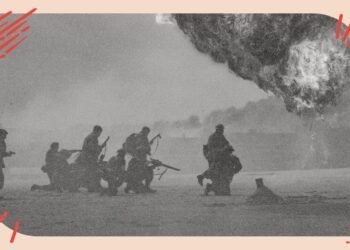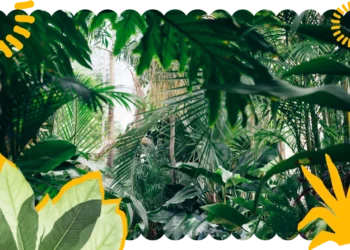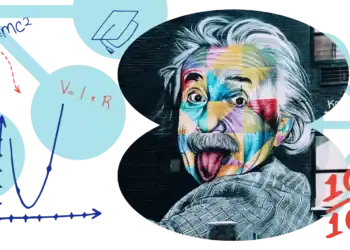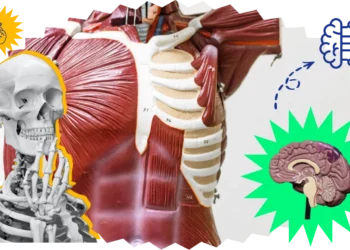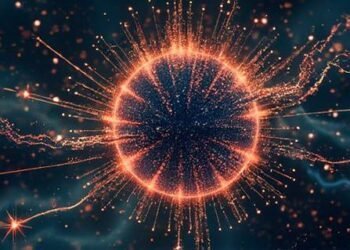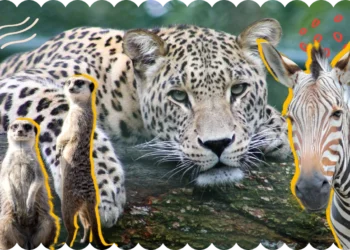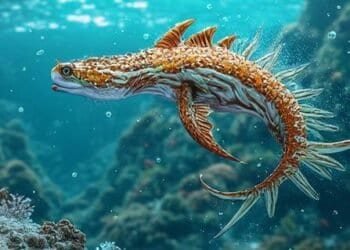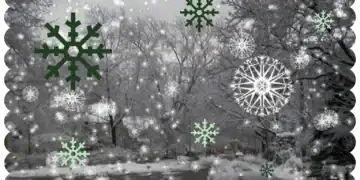Are you fascinated by the planets of our solar system? Do you think you can tell Mars from Venus and Jupiter from Saturn without a hitch? This section will bring your planetary knowledge to the test. Knowing the unique features of these celestial bodies provides insight into the diverse environments that lie beyond Earth.
Understanding planets’ attributes goes beyond studying their orbits or sizes. Each planet has a rich history and a distinct role in shaping cosmic events. The brilliance of Venus’ thick clouds or the grandeur of Jupiter’s stormy atmosphere speaks to the variety the cosmos offers.
Hungry for more space trivia? Keep exploring with trivia about planetary orbits and moons or shift your focus to constellations and the daunting expanse of the universe. Venture beyond the planets and discover more cosmic wonders that pique curiosity!
Check out similar quizzes:
The largest moon in the Milky Way is called what?
Europa
Europa
Ganymede
Ganymede
Atlantic
Atlantic
America
America
Which planet has only 2 moons?
Mars
Mars
Earth
Earth
Mercury
Mercury
Venus
Venus
What planet is nicknamed the ‘Red Planet’?
Venus
Venus
Neptune
Neptune
Earth
Earth
Mars
Mars
The Equator forms a major part of which planet?
Mars
Mars
Mercury
Mercury
Venus
Venus
Earth
Earth
Which planet comes between Venus and Mars?
Neptune
Neptune
Saturn
Saturn
Earth
Earth
Uranus
Uranus
Neptune has the fastest winds of any solar system planet what speeds do they reach?
100 mph
100 mph
200,000 mph
200,000 mph
3,000 mph
3,000 mph
1,300 mph
1,300 mph
In terms of composition, what is the second most prominent element on Mercury?
Hydrogen
Hydrogen
Sodium
Sodium
Nitrogen
Nitrogen
Carbon
Carbon
Which planet in our Solar System orbits the Sun in the shortest time?
Uranus
Uranus
Mercury
Mercury
Saturn
Saturn
Earth
Earth
Which planet has moons called Triton, Proteus and Hippocamp?
Mars
Mars
Saturn
Saturn
Jupiter
Jupiter
Neptune
Neptune
The Tropic of Capricorn is feature on which planet?
Mercury
Mercury
Venus
Venus
Earth
Earth
Mars
Mars
Which planet has the greatest density?
Mars
Mars
Earth
Earth
Venus
Venus
Mercury
Mercury
On Venus there is little or no what?
Volcanoes
Volcanoes
Craters
Craters
Sulfur
Sulfur
Water
Water
Which planet has a nikel iron core?
Venus
Venus
Mars
Mars
Earth
Earth
Mercury
Mercury
How high above the Earth does Hubble Space Telescope orbit?
347 miles
347 miles
110 miles
110 miles
207 miles
207 miles
4,000 miles
4,000 miles
How many of the planets in our Solar System are composed of silicate rocks rather than gases?
3
3
4
4
1
1
2
2
Earth is the only planet in our solar system with abundant what?
Oxygen
Oxygen
Water
Water
Iron
Iron
Hydrogen
Hydrogen
You can do better
Not bad
Great!
Find all our questions on this topic in this quiz: 101 Space Trivia Questions That Are Out-Of-This-World











